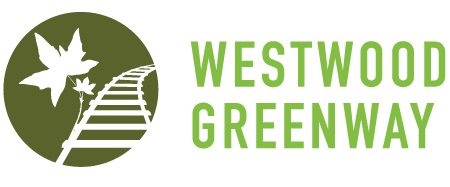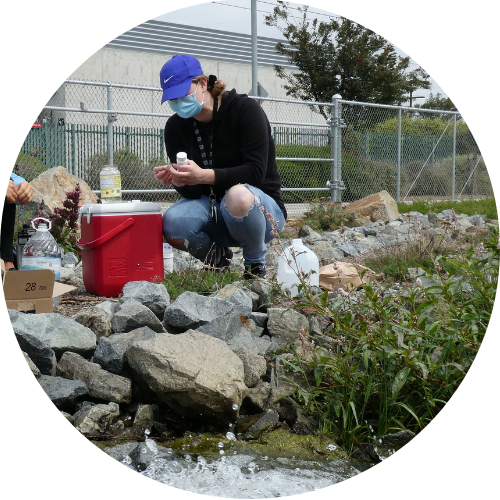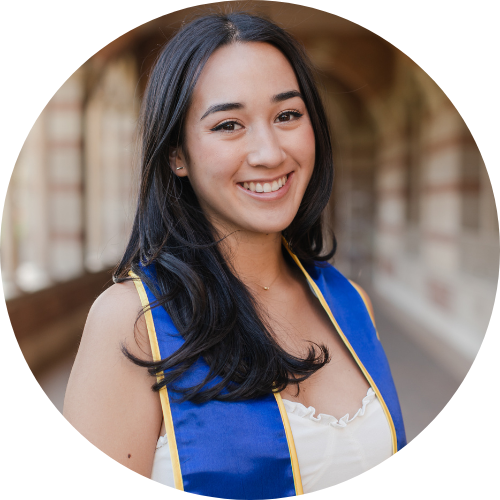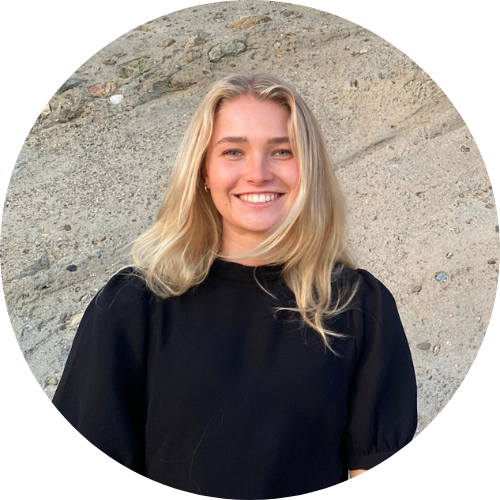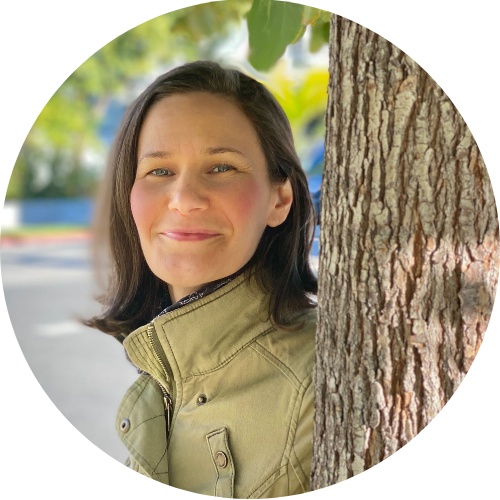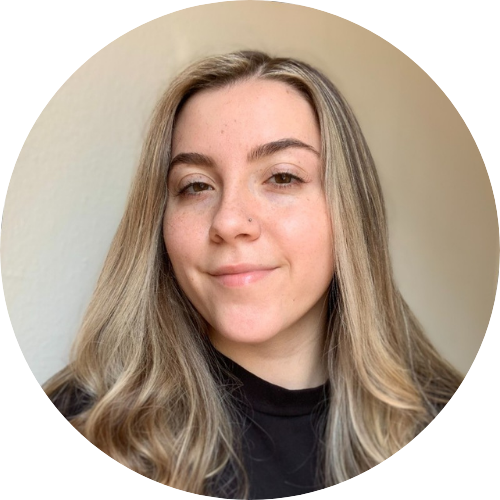UCLA IoES Practicum Team (2021-2022)

The UCLA Institute of Environmental and Sustainability (IoES) requires undergraduate seniors pursuing an Environmental Science major to fulfill a year-long practicum course that allows students to apply the knowledge learned in the classroom to real-world scenarios. In October 2021, seven students were paired with Westwood Greenway, Inc., a group of residents from LA’s Westwood Rancho Park neighborhood who formed a nonprofit to realize a greenway that cleans water and provides native habitat next to one of the nation’s busiest light rail lines. From January to June of 2022, the student team assessed the biodiversity and water quality at the Greenway to highlight its benefits and support it in serving as a model to inspire replication in Greater Los Angeles.
As a culmination of the project, the team created a final report that documents study methods, findings, and recommendations for the Westwood Greenway. The report also includes an appendix which contains the final products such as a biodiversity index, water quality data, and an engagement plan. Along with the final report is a final presentation held at the UCLA Institute of the Environment and Sustainability.
To evaluate the Greenway’s benefits for biodiversity at the site, the team created a site specific biodiversity index. The team collected and recorded species data at the Greenway and assessed conditions based on several metrics. The index highlights the diversity and density of plant and animal species at the site as a result of the Greenway’s green infrastructure elements, and it includes previous observations at the site, and flora and fauna currently at the site. This information will be valuable to aid in monitoring biodiversity at the site in the future.
To identify and record the biodiversity hosted at the Westwood Greenway, the team relied primarily on the app iNaturalist. A site-specific project was created to keep track of all visual fauna observations at the Greenway. During the two-month duration of the project, visitors, community and team members uploaded snapshots of any insect, butterfly, or birds to the project and it would be identified by iNaturalist experts. As a whole, the project identified 80 species of fauna with research grade status.
Check out the Westwood Greenway’s project on iNaturalist.
To assess water quality impacts at the site, the team sampled for both dry- and wet -weather events, two times each for a total of four tests. Water sampling was done using the LaMotte Urban Water Quality Test Kit and portable meters. Water samples were collected using glass jars at the pumps and drains on each side of the Greenway. Evidence that the Greenway cleans runoff and stormwater can be seen most clearly through the decrease in total dissolved solids (TDS), hardness, and heavy metals as water flows through the stream.
The team reviewed a number of federal, state, local, and other funding mechanisms relevant for building greenway projects. To focus on more direct replication pathways to build future greenways, they took a deep look into LA County’s Safe Clean Water program.The team focused on two watersheds with high green space needs — the Upper LA River and the Upper San Gabriel Valley.
A map was created using the GIS Climate-Smart Cities tool developed by the Trust for Public Land, with the goal of identifying suitable sites based on a selection of vital factors. These vital factors include “climate equity” (areas that are under high social vulnerability due to climate change) and “absorb” (how well an area is able to absorb, infiltrate, and make use of stormwater while reducing flooding). This map was then populated with recent and current Safe Clean Water Program projects to identify priorities for future funding support.
The students also created content for the Westwood Greenway’s social media platforms (primarily focusing on Instagram) and an engagement plan detailing content creation and related information.
